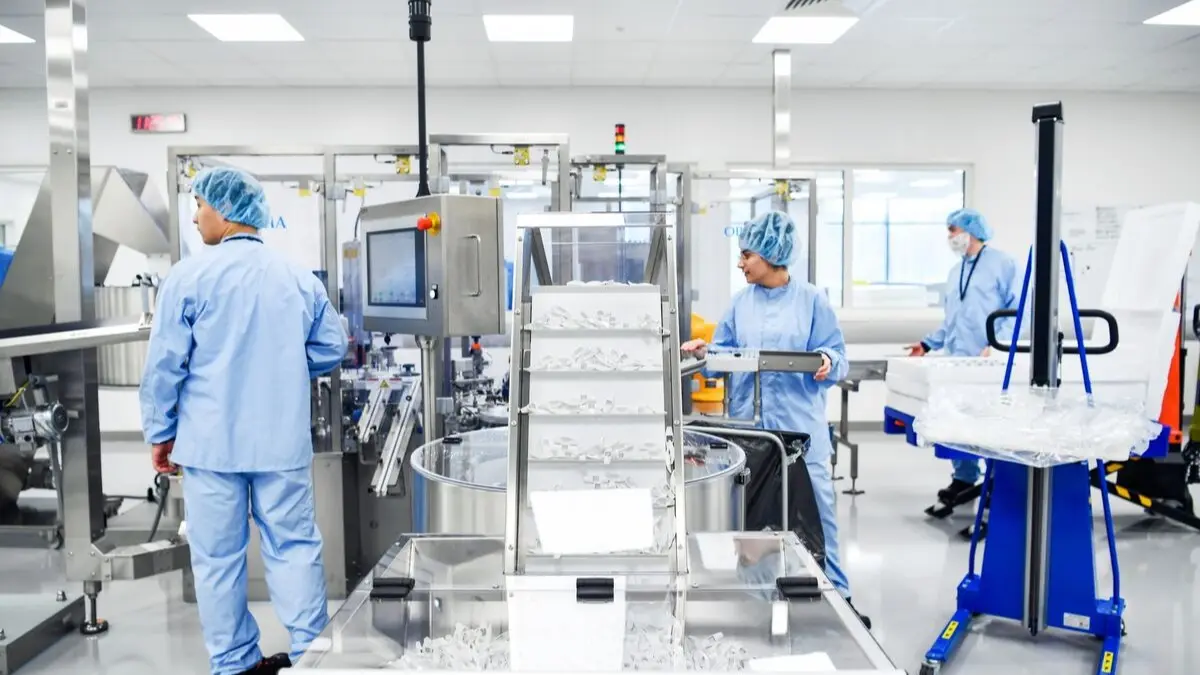Updated 9 April 2025 at 18:15 IST
'Major' Tariffs on Pharmaceutical Drugs Next, says Trump
US production of pharmaceutical drugs has declined substantially over the past few decades, with much of the manufacturing now concentrated in China and India.
- World News
- 3 min read

US President Donald Trump announced Tuesday evening that pharmaceutical imports to US will soon face significant new tariffs as part of his broader effort to shift manufacturing back to American soil.
Speaking at a National Republican Congressional Committee dinner, Trump said, “We’re going to be announcing very shortly a major tariff on pharmaceuticals. And when they hear that, they will leave China. They will leave other places because they have to sell — most of their product is sold here and they’re going to be opening up their plants all over the place.”
A new target: the drug industry
While previous rounds of Trump’s sweeping global tariffs largely spared pharmaceutical products, that exemption appears to be ending. The president did not offer specifics on the size or scope of the proposed pharmaceutical tariffs, but his comments suggest they could be a significant escalation in his ongoing trade war.
According to the Food and Drug Administration, American production of active pharmaceutical ingredients has declined substantially over the past few decades, with much of the manufacturing now concentrated in countries like China and India. Trump’s latest move appears aimed at reversing that trend.
Advertisement
The broader tariff push
Trump recently introduced a 10% tariff on a wide range of goods from “hundreds of countries,” and more aggressive levies are scheduled to take effect soon. On Wednesday, a 104% tariff on Chinese imports is set to kick in, marking one of the sharpest increases yet in the administration’s tariff strategy.
The pharmaceutical tariffs would be part of what Trump called a “wholesale realignment of trade” intended to bring back jobs, factories, and investments to the U.S.
Advertisement
“Companies are pouring back into our country with plants,” the president told the gathered Republican lawmakers.
Political pushback grows
Trump’s aggressive use of tariffs has sparked criticism from both parties. Some Republicans have warned of rising costs for consumers and supply chain disruptions, especially in sensitive sectors like healthcare. Meanwhile, Democrats see the growing discontent as a political opportunity heading into the next election cycle.
Last week, a bipartisan group of senators introduced a proposal to limit the president’s authority to impose tariffs unilaterally, signaling mounting concern in Congress.
What’s next
While Trump has promised action “very shortly,” details on the pharmaceutical tariffs remain scarce. If implemented, the move could significantly impact global drug supply chains and raise questions about access, affordability, and the readiness of U.S. manufacturers to ramp up domestic production.
For now, the pharmaceutical industry — and the global economy — is bracing for the next chapter in Trump’s trade offensive.
Published By : Sagar Kar
Published On: 9 April 2025 at 18:15 IST
